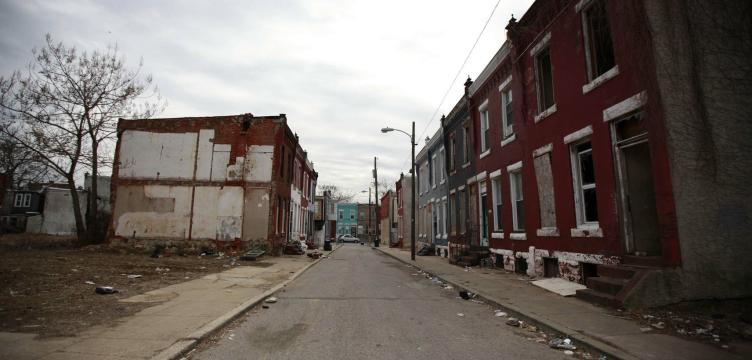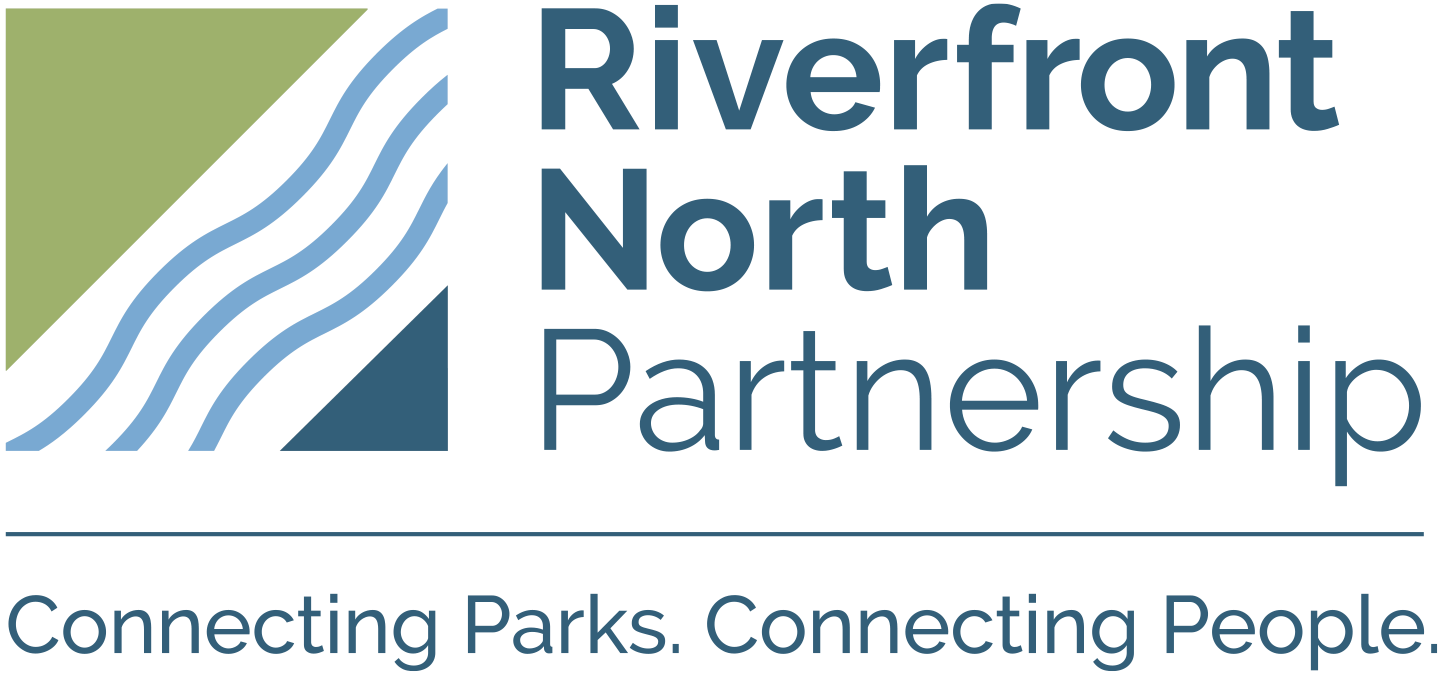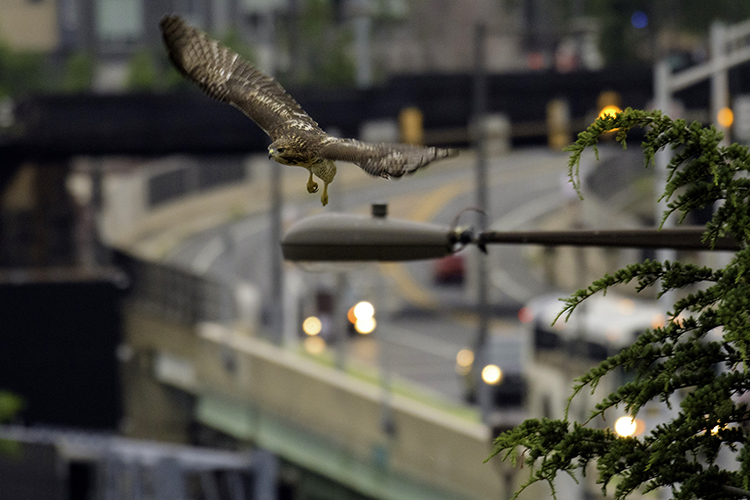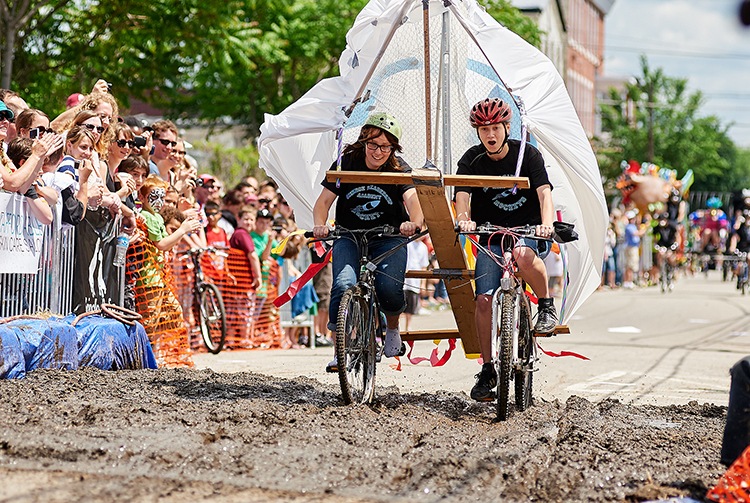Photo: PlanPhilly
In 2005, Judith Robinson was fed up with the litter and illegal dumping plaguing her North Philadelphia neighborhood. A real estate broker and grandmother of two, Robinson refused to accept the status quo of garbage-filled lots, and she took her concerns to community meetings—as well as into her own hands.
First, she noticed groups of teenagers hanging around near her office, so she offered them money out of her own pocket to clean up areas along the major commercial corridor of Susquehanna Avenue.
“We created a team of youth,” she says. “Using our own resources, initially, we purchased a rolling trash can, brooms, and shovels and sent the youth to clean up.”
And that was the birth of Susquehanna Clean Up/Pick Up, which has spent more than a decade bringing issues of recycling, waste management, land use and climate change to North Philly residents.
Realizing that prevention was key to addressing the litter problem, Robinson guided SCUPU to partner with Keep Philadelphia Beautiful and the city to provide recycling bins for the entire neighborhood. Robinson and her team helped resident take advantage of Recycle Bank, which offers financial incentives for recycling.
SCUPU has provided forums on the green jobs economy, solar panels, stormwater management and energy workshops. In 2009, SCUPU partnered with the state and received a grant to reimburse the organization for its efforts against illegal dumping. It also partnered with the Pennsylvania Horticultural Society for the LandCare program, which focuses on cleaning and greening vacant parcels.
In 2010 SCUPU received its first grant among many that would go toward providing environmental justice education in urban settings.
Robinson was alarmed when construction of a new Temple Student Health and Wellness Center left large dirt piles to blow in the wind, raising environmental and health concerns. She held a community meeting about the construction, but turnout was low. So she posted a photo of the dirt pile on her Facebook page, where she often writes “Temple Tuesday” posts to point out the effects of university construction in the neighborhood. She received a call from Temple News, where she was able to share her concerns with a wider audience.
“There are some major environmental justice problems going on where our community is disrespected,” Robinson says. “We can’t stop buildings from being built, but we can speak up about how things are being built and how we are being affected.”
The construction dirt was finally removed when the center was complete, but Robinson still keeps a close eye on the university’s plans to construct a new stadium.
A recent mini-grant from the Franklin Institute’s Climate & Urban Systems Partnership will help SCUPU plant trees in the area and remove existing ones that negatively affect properties. She has community members signed up to learn to be “tree tenders” and will also hold forums with the water department on stormwater management and science education at an open-space classroom in a local park.
“It’s actually easier now with the strange weather to talk about climate change without seeming like a kook,” she says.
As a longtime “action mom,” Robinson credits motherhood for teaching her to be patient with herself and others. She also credits her maternal instincts for helping her to manage time, money and resources.
She has made a little go a long way. “Pinching pennies is an art form,” she says.
Paige Wolf is the author of “Spit That Out!: The Overly Informed Parent’s Guide to Raising Healthy Kids in the Age of Environmental Guilt.











Judith is to be commended. The dirt piles would never be allowed in Bella Vista or Rittenhouse Square; do the people of north Philadelphia not deserve the same respect?